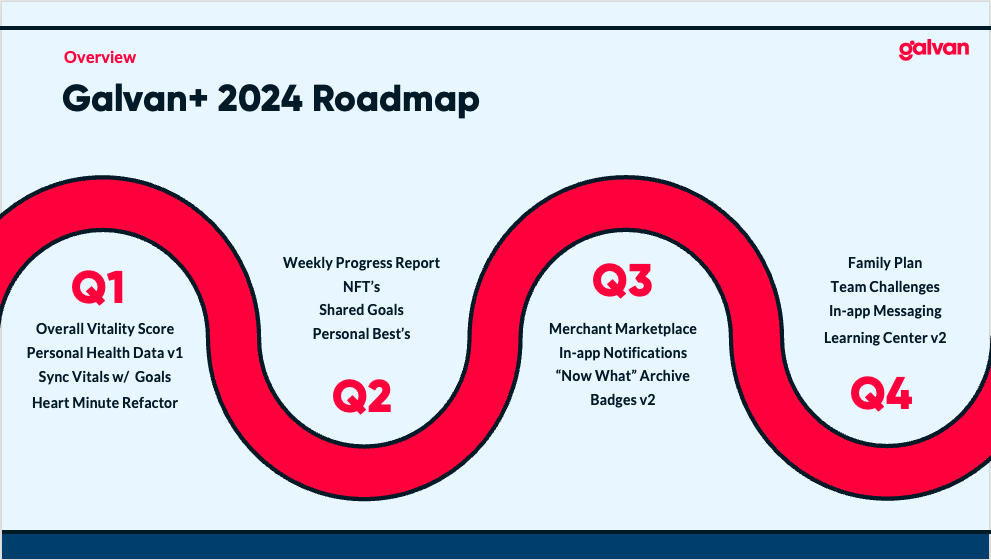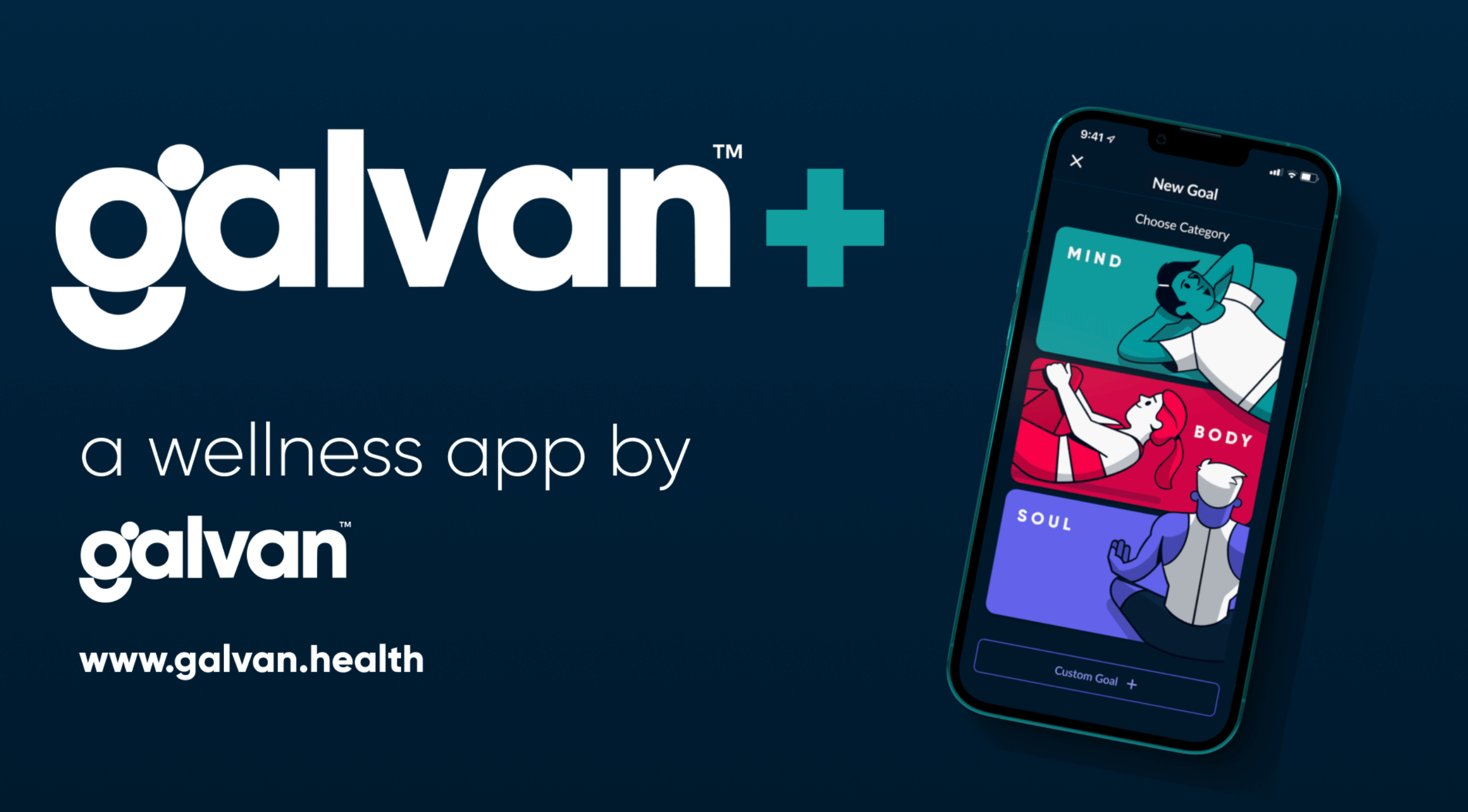LEHI, UTAH – Galvan, the Silicon Slopes-based company building blockchain-based products and services, recently unveiled the 2024 Product Roadmap for its Galvan+ app.
The Galvan+ app is a complete wellness app that also includes a first-of-its-kind Wellness Check utilizing AI and ML (machine learning) technologies. From a simple vocal sample with your phone, Galvan evaluates 2,550 vocal biomarkers every tenth of a second to accurately quantify, detect and evaluate a person’s Stress, Mood & Energy.
The app can easily be synced with wearables including the Apple Watch to track vitals such as heart minutes, steps and sleep.

The 2024 Roadmap includes upgraded user experiences, new features and a Merchant Marketplace where users will be able to purchase health and wellness products using IZE, which is the native cryptocurrency token of the IZE Blockchain.
Galvan President Jeff Wilhite shared, “We are excited to unveil the next steps of the Galvan+ app. These upgrades are reinforcing our commitment to empowering individuals on their wellness journeys.”
The App is part of Galvan’s bigger mission to enable individuals to use newer innovative technologies, such as blockchain, to not only take more responsibility of their wellness but also take more control of their medical data.
The Galvan+ App is currently available for download in both the App Store and the Google Play Store. For more information on the Galvan+ app or Galvan Health the company, please visit www.galvan.health
For more information about Galvan Health, please reach out social@galvan.health.
This Press Release may contain forward looking statements that involve substantial risks and uncertainties. Forward looking statements discuss plans, strategies, prospects, and expectations concerning the business, operations, markets, risks, and other similar matters. There may be events in the future that we cannot accurately predict or control. Any forward-looking statement in this press release speaks only as of the date on which it is made. Factors or events that could cause our actual results to differ may emerge from time to time, and it is not possible for us to predict all of them. We do not plan to update or revise publicly any forward-looking statements except as required by law.
This article is not intended as financial advice. Educational purposes only.










